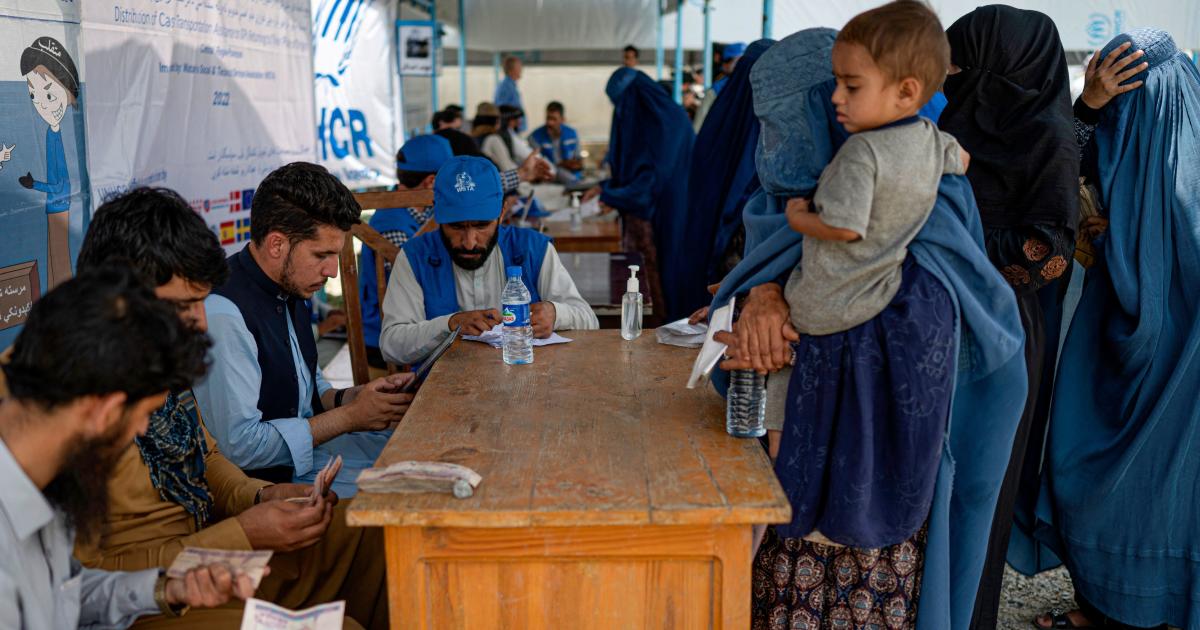Key takeaways:
- The Taliban have issued a ban on female Afghan employees of the United Nations from working in the country, putting millions of vulnerable households at risk.
- Prior to this ban, Afghan women were already barred from working at national and international non-governmental organizations, disrupting the delivery of humanitarian aid.
- The Taliban’s ban on female Afghan employees of the United Nations is just one of many measures that have been taken to limit women’s rights in the country.
The Taliban, the rulers of Afghanistan, have issued a ban on female Afghan employees of the United Nations from working in the country. This ban has put millions of vulnerable households that rely on the global body’s humanitarian operations at risk.
Prior to this ban, Afghan women were already barred from working at national and international non-governmental organizations, disrupting the delivery of humanitarian aid. On Tuesday, the Taliban issued an order banning female national staff members of the United Nations from working.
Stephane Dujarric, spokesman for the U.N. Secretary-General, said that the U.N. is still looking into how this development would affect their operations in the country. U.N. officials have condemned the Taliban decision to bar Afghan female staffers from working at the agency.
Despite initial promises of a more moderate rule than during its previous stint in power, the Taliban have imposed harsh measures since taking over the country in 2021 as U.S. and NATO forces were pulling out of Afghanistan after two decades of war. The Taliban’s ban on female Afghan employees of the United Nations is just one of many measures that have been taken to limit women’s rights in the country.
The United Nations is currently working to seek some form of resolution to the ban, but it is unclear what the outcome of these efforts will be. In the meantime, millions of vulnerable households in Afghanistan are at risk of not receiving the humanitarian aid they need.



Be First to Comment